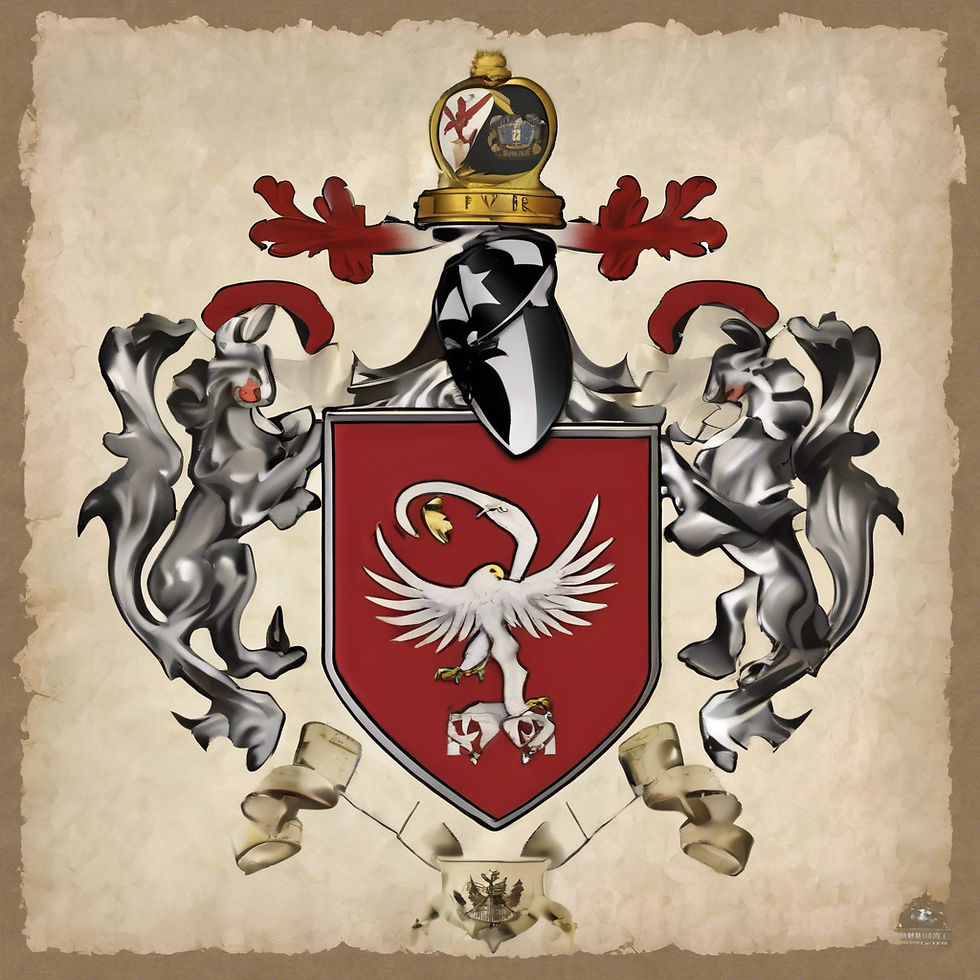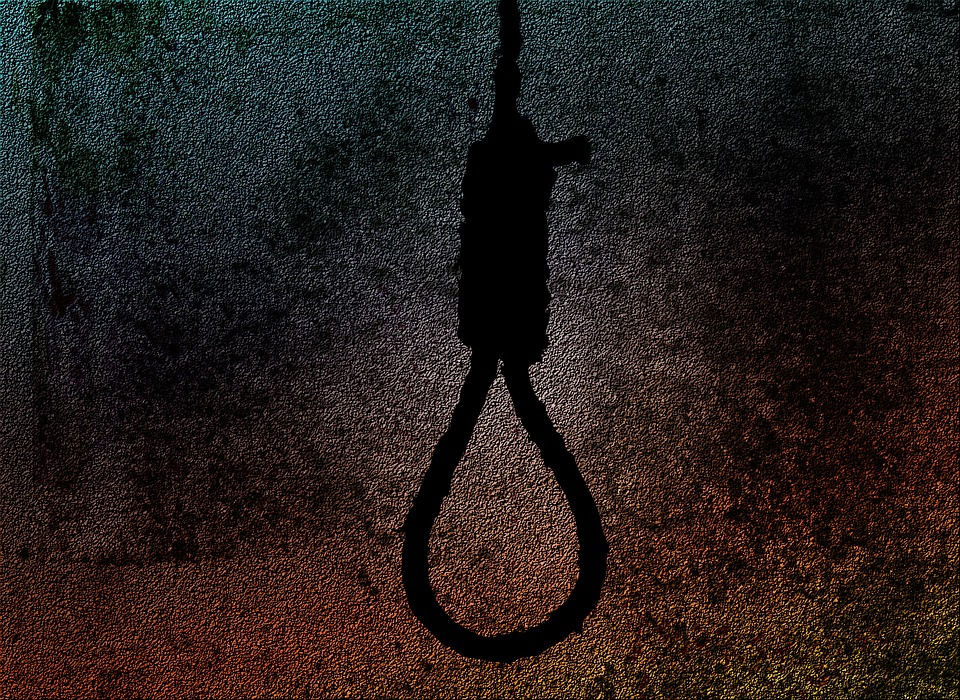The Black Gaze
- Fasaha M. Traylor
- Sep 19, 2019
- 3 min read

I woke up this morning thinking about George Washington, Toni Morrison, Ona Judge, family history, and the idea of education. Strange, I know, that these figures and topics could be somehow related, but stay with me. Initially I was quite philosophical: the question that is a favorite undergraduate way into the arcane topics of philosophy begins with “Are you the same person now that you were when you were born? When you were 10? When you were 20?” Underlying the question is the need to account for the impact of experience and knowledge; that which makes you, you. This morning I was thinking that our book, They Carried Us: The Social Impact of Philadelphia’s Black Women Leaders, has transformed me. You cannot wrestle with the lives of individual people for five years without assimilating them into your own knowledge, your own experience. Which led me to how my view of George Washington has completely changed. Oh, I knew he was the father of the country, a general, a slaveholder, a president, and—for those of my generation—"never told a lie.” But this morning I realized that I will never be able to think of him again without adding that he was a liar, that he covered up his obsession with tracking down the escaped Ona Judge so that his countrymen would not know that he was violating Pennsylvania law, and that he knew, somehow, that he would be judged. He was right. I am judging him. The shock of this change in my perception of him—of what was important and what was not—was bracing. I thought immediately of those white critics, like Newt Gingrich, who scoff at the critique of confederate monuments with the derisive line: “So should we tear down the Washington monument now?” As if the wholesale reinterpretation of the meaning of the country is somehow ridiculous and farfetched. I thought of the Georgetown University sale of hundreds of enslaved people from Jesuit plantations in Maryland, and the descendants of those who were sold. I thought of my husband’s great, great uncle who was prevented from leaving Maryland for Ohio with his family because he was used as collateral for a loan. I thought of the Whitney Plantation in Louisiana, where someone left a Yelp review or some such, complaining that it—the only plantation in Louisiana focused on the lives of enslaved people—did not meet their expectations for a history of a southern plantation and a tour of the house and grounds. “We didn’t come to hear a lecture on how the white people treated slaves,” they wrote. This cascade of thoughts and images landed me in the lap of Toni Morrison, whose clarity about whose story? will be among her most enduring legacies. One of the most amazing film clips ever is her interview with an Australian journalist who earnestly asked her when she would be writing about, centering, white people. Thank God the interview was taped and available on YouTube, so that the world can witness her piercing eyes as she asked the piercing question, “You don’t realize just how racist that question really is, do you?” Or her devastating comment about one of my—probably everyone’s—favorite novels, Invisible Man. “Invisible to whom?” she asked pointedly. I am not the same person I was five years ago. I am going to be about the business of continuing to shed the “white gaze”— as Toni Morrison admitted, this is easily a life’s work. The assault of the white gaze is weakening, crumbling, as black families, scholars, writers, and just ordinary people dig into the past and reorient themselves with what they find. The black gaze has always existed, but it is accelerating: uncovering the beauty of hair, skin, lips, and buttocks; rejecting the idea of humans owning other humans and holding humans to account for that; believing in the people who were our forebears and respecting the dignity that smoldered within them despite their circumstances. George Washington is no hero. Not when subjected to the black gaze.



Comments